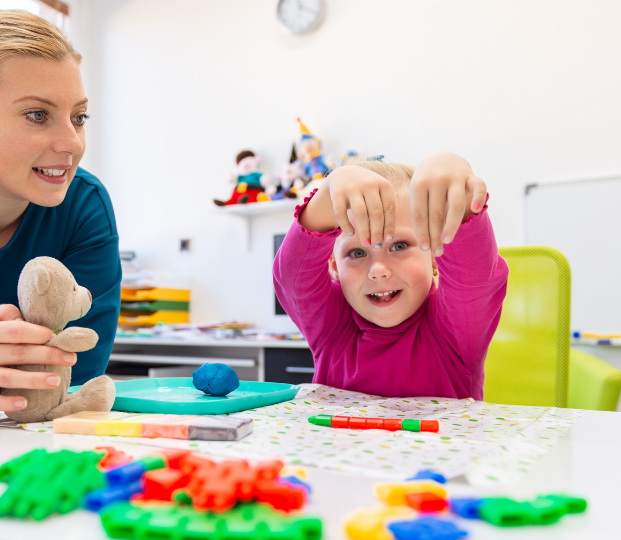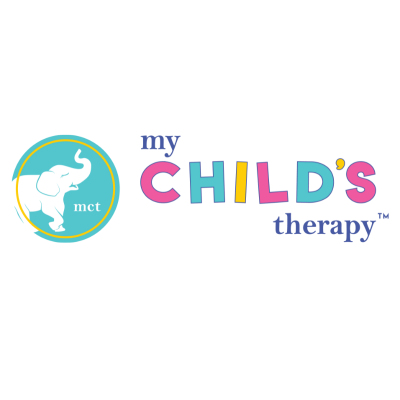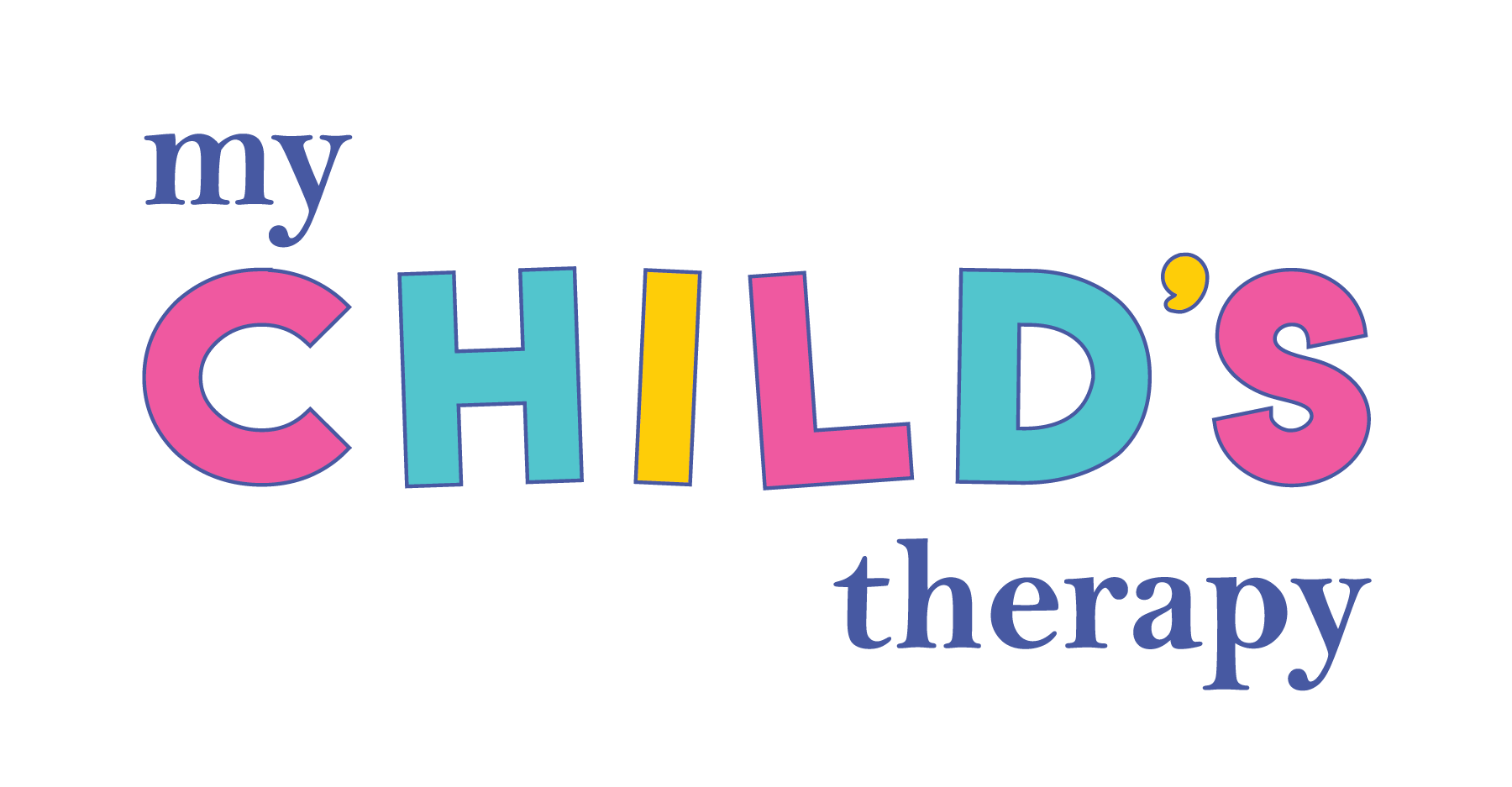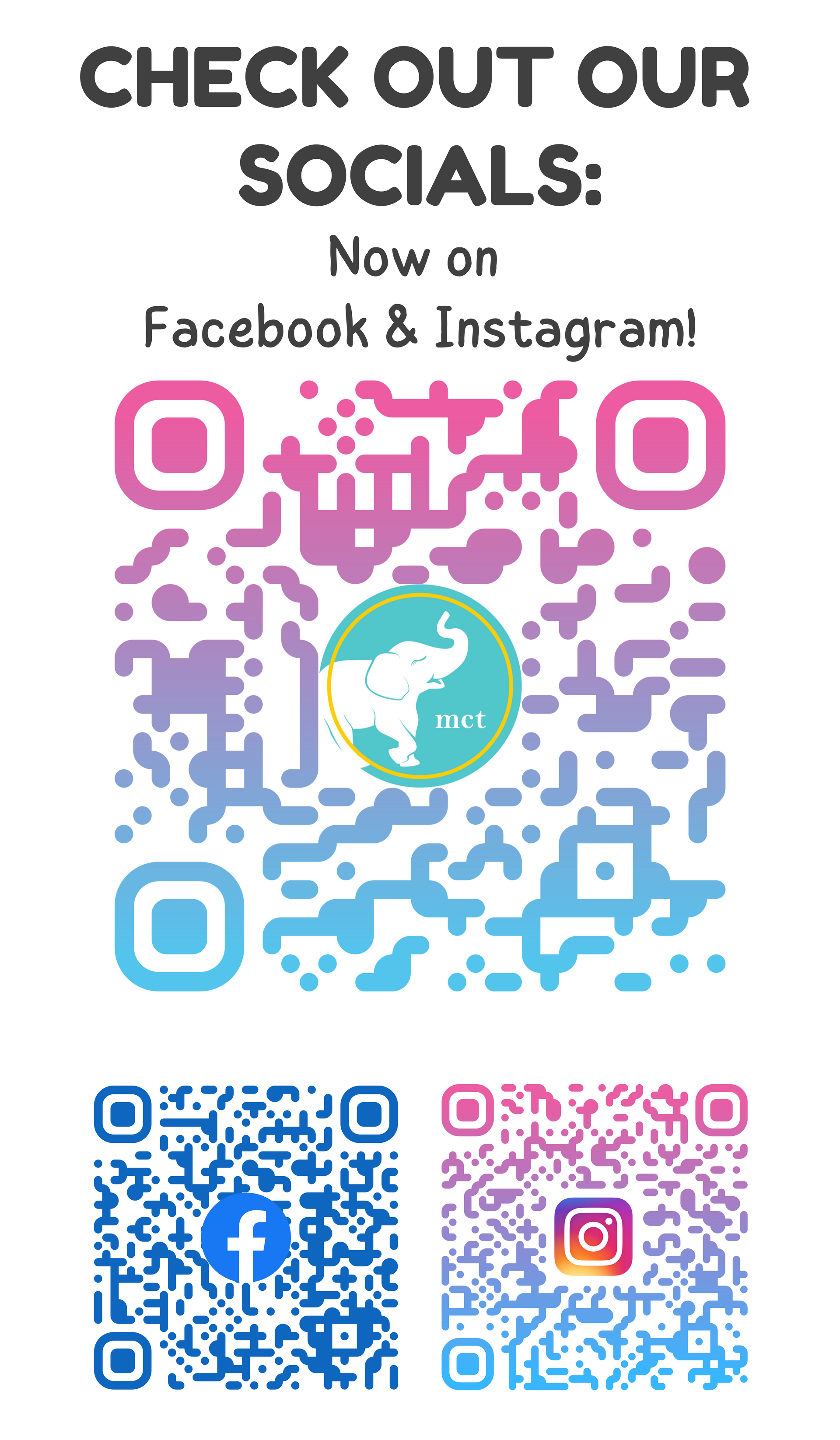Early language development

early language development
Today, we'll explore the wonderful world of early language development!
As parents, witnessing your child's first babbles, coos, and eventually words is an absolute joy. But sometimes, questions arise: "Is my child meeting their language milestones?" or "What can I do to support their communication skills?"
Fear not! This post will be your guide to understanding early language development and how to nurture that blossoming language in your little one.
The Milestones that Matter
Every child develops at their own pace. However, there are some general milestones to keep an eye on:
- 0-6 Months: Cooing, gurgling, and babbling with different sounds and intonations. Turning head towards voices and making eye contact.
- 6-12 Months: Understanding simple words like "no" and "bye-bye." Using gestures like pointing and waving. Making sounds that resemble words ("mama," "dada").
- 12-18 Months: Saying 5-10 words. Following simple instructions like "come here." Using babbling with two or more syllables.
- 18-24 Months: Using two-word phrases (e.g., "more juice"). Asking simple questions ("what's that?"). Following two-step directions.
Fun Ways to Spark Conversation
The good news? Everyday interactions are packed with language-learning opportunities! Here are a few ways to turn playtime into speech-building time:
- Narrate your day: Talk about what you're doing as you change your child's diaper, prepare meals, or fold laundry.
- Sing songs and rhymes: Repetition and catchy tunes help children learn new words and sounds.
- Read books together: Point to pictures, make funny voices for different characters, and encourage your child to participate by making sounds or finishing phrases.
- Engage in pretend play: Tea parties, building blocks, playing doctor – these imaginative activities allow children to practice using language in a social context.
When to Seek Help
If you have concerns about your child's language development, it's always best to err on the side of caution. Here are some signs to watch for:
- Not babbling by 9 months
- Not using single words by 15 months
- Not using two-word phrases by 18 months
- Difficulty understanding simple instructions
Remember, You're the Language Superhero!
You are your child's first and most important language teacher. By creating a stimulating and nurturing environment rich in communication, you'll be amazed at how quickly your little one's language skills blossom.
If you have further questions or concerns, don't hesitate to reach out to a speech-language pathologist. We can provide personalized guidance and support to help your child reach their full potential!
At My Child’s Therapy, it is our goal to assist in meeting a child’s milestones and improving on their necessary skills through developing strategies that suit each child. If you have taken note of any deficits within your child’s language development or speech skills, feel free to contact our site to schedule an evaluation to discuss your concerns. We can be reached via telephone at 215.344.2044 or via our website https://www.mychildstherapy.com/contact-us.


